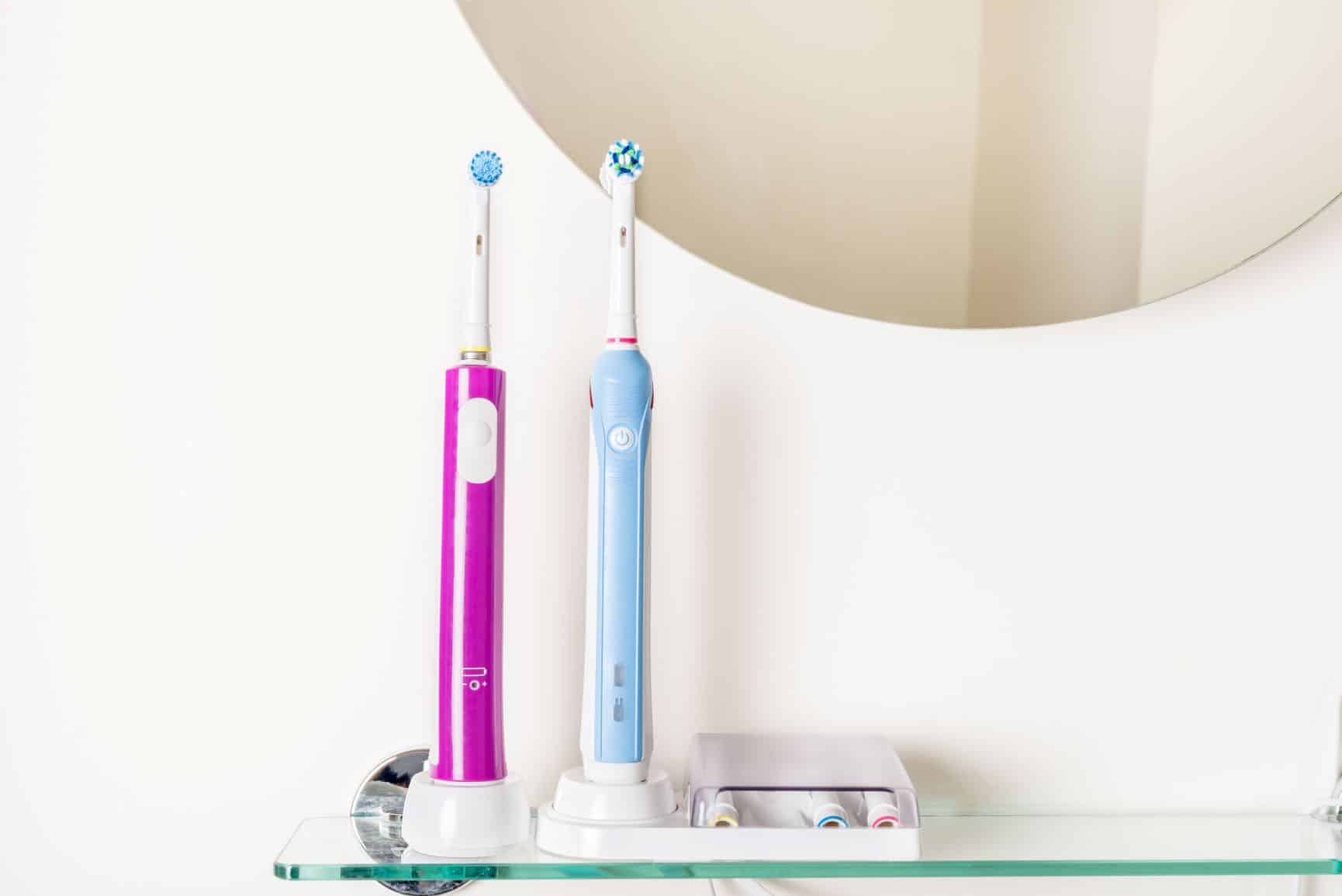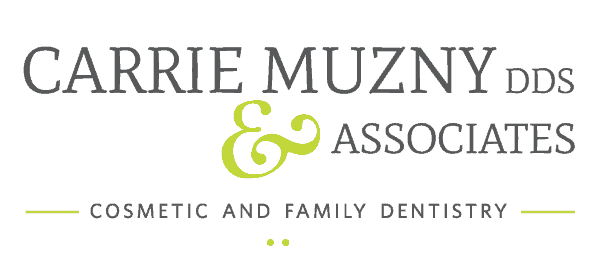
Manual vs Electric Toothbrushes: Which is Better For My Teeth?
Picking the right toothbrush is important, especially given the high amounts of sugar in many commercialized food products. While any toothbrush option can help you maintain good oral hygiene and prevent tooth decay, choosing the right one for you requires some thought.
Many toothbrush manufacturers offer several toothbrushes with different features. One of the most critical decisions for consumers is deciding between manual toothbrushes and electric toothbrushes.
In this post, we’ll talk about some of the differences between these two types of toothbrushes, as well as their pros and cons, so you can decide which one is right for you.
Manual vs Electric Toothbrushes?
We’ve all seen the ads with toothbrushes with so many features that if you walked in midway through the ad, you’d think it was some high-tech device being advertised. So which one is the best and can save you a costly trip to the dentist down the line?
It’s often difficult to discern the difference between fact and just plain marketing jargon. Both the manufacturers of electric and manual toothbrushes claim that their product is better than the other. We’re going to look at what each toothbrush offers versus what the advertisers claim they can do.
Electric Toothbrushes
According to a 2020 survey, 39% of consumers use electric/power toothbrushes while 57% of people opt for manual ones. The reason for this partially boils down to preference, but there are several factors to consider. Let’s explore the pros and cons of using a power toothbrush.
Benefits of Using an Electric Toothbrush
Benefit #1. Effective in Reducing Plaque
Studies have shown that electric/power toothbrushes reduce plaque and prevent gingivitis by 21% and 11 %, respectively, when assessed over a 3 month period, which they concluded was a moderate quantity.
Benefit #2. Convenient for the Disabled or Physically Impaired
Power toothbrushes give a level of convenience for significantly disabled persons or others that live with any other physical impairment. The ease of simply letting the toothbrush do its work brings a level of convenience to brushing that manual brushes cannot.
Benefit #3. Consistent Brushing Intensity
Brushing your teeth too hard can cause gum damage and lead to dental problems down the line. It’s often overlooked and not given a second thought because we tend to subconsciously do this. If you’ve ever been behind on time, you’ll know what we’re referring to, that short quick brush before you dash.
The settings on the electric toothbrush protect you by allowing you to set the intensity. Some even have pressure sensors, making it far less likely to accidentally brush too hard.
Downsides of Using an Electric Toothbrush
Downside #1. High Cost
Electric toothbrushes tend to cost more than a regular manual toothbrush. On average, a regular toothbrush ranges from $5 – $12, while an electric toothbrush ranges from $10 – $250. You should also remember that you’ll have to get a new set of brush heads every 3 months, which further adds to the cost. These brush heads are often quite expensive (and are the real money makers for electric toothbrush manufacturers).
Downside #2. Toothbrush Replacement Head Headache
You’ve spent a pretty penny for your deluxe rotation oscillation toothbrush, and it’s time to replace the head, only to realize that the store you bought it from no longer stocks them. Now you’re going to have to store hop just to find a replacement head — this can be frustrating. If you choose to buy an electric toothbrush, make sure to choose one that has an established system of heads that is likely to stick around for a while.
Downside #3. Noisy Brushing
Electric toothbrushes can get loud — that buzzing/humming sound may be annoying for some people to hear every night. Not to mention, if you’ve ever had the plastic part of the head come in contact with your teeth while brushing, you know just how startling the sound (and feeling) can be.
Manual Toothbrushes
Manual toothbrushes have been around for well over a century and a half, and for a good reason too. Despite the emergence of electric toothbrushes, manual toothbrushes still offer many benefits and are a mainstay in American bathrooms.
Benefits of Using a Manual Toothbrush
Benefit #1. Affordability
This is probably one of the best reasons why one would stick to a manual toothbrush — the price tag! The price is so low that throwing one out (or better, recycling it) after three months of use is not an issue for most.
Benefit #2. Toothbrush Availability
Manual toothbrushes are so easy to come by. And there’s a lot of variety, all with differentiated features. You will never have the problem of having to travel from store to store because you cannot find one with the features you want.
Benefit #3. Disposable Toothbrushes Work
You’ve often heard the term, ‘If it ain’t broke, don’t fix it.’ Manual toothbrushes still offer a perfectly suitable brushing experience and offer the same benefits as any other toothbrush. While they may not be as flashy or as fast as an electric toothbrush, with the proper technique and a little effort, your teeth will remain healthy and clean.
Downsides of Using a Manual Toothbrush
Downside #1. Not as Effective Against Plaque
Yes, manual will do the job, but they are not as effective for fighting plaque and preventing gingivitis as electric options.
Downside #2. Not Environmentally Friendly
Since manual toothbrushes need replacing every three months, they add to the already existing problem of plastic pollution. Conservationists usually have a stronger stance against this and it is definitely a factor to consider.
Downside #3. Over-Brushing Risk
This is an issue that most are unaware of, which occurs when you repeatedly brush your teeth for extended periods, usually beyond the 2 min mark. Manual toothbrushes’ do not have timers, unlike their electric counterparts.
Over-brushing carry’s its own risks which include toothbrush abrasion, tooth sensitivity, and gum recession. Severe gum recession can require oral surgery to correct.
Talk to Your Dentist
At Carrie Muzny D.D.S., we are here to take care of your oral health. We want you to find the right dentist. We offer a range of preventative, restorative, and cosmetic dentistry services.
From cleanings to fillings, to whitening and veneers, we provide everything you need to get the smile you deserve. We cover several insurance providers, provide a variety of services, and have experience in many areas of dentistry. Contact us today for a consultation, and let’s show the world your brilliant smile.

